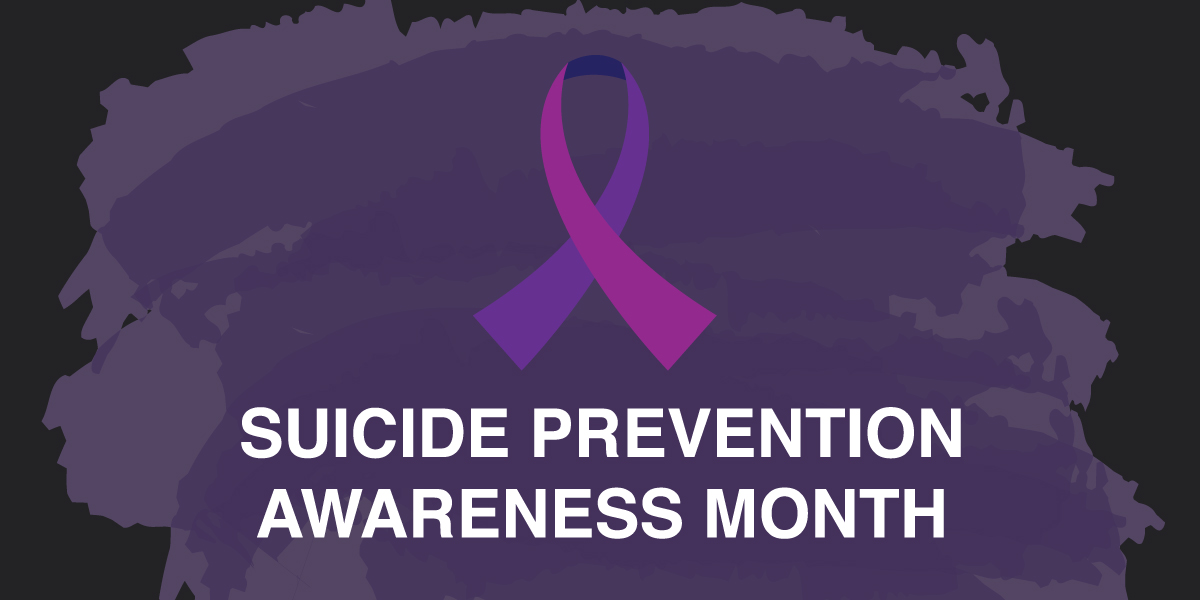Suicide Prevention Awareness Month is officially recognized in September. Throughout this month, Frontier Health seeks to help inform, educate and raise awareness of this often stigmatized topic. Suicidal thoughts can affect anyone at any given time, regardless of gender, age, or religion. Suicidal thoughts often indicate a more serious issue and should not be considered normal.
Suicide Prevention Week is September 4th-10th, with September 10th also being World Suicide Prevention Day. According to the National Alliance on Mental Illness (NAMI), Suicide is the 2nd leading cause of death among people aged 10–14 and the 3rd leading cause of death among people aged 15-24 in the U.S., and suicide is the 12th leading cause of death overall in the U.S. Other critical facts provided by NAMI include:
• 79% of all people who die by suicide are male.
• Although more women than men attempt suicide, men are 4x more likely to die by suicide.
• 46% of people who die by suicide had a diagnosed mental health condition – but research shows that 90% may have experienced symptoms of a mental health condition.
“Suicide touches every facet of our lives, from personal experiences to family members, coworkers, and even our entertainment industry. No one is immune to its impact. Recognizing warning signs for suicide and being able to dialogue with others about imminent risk, finding ways to get help, and developing prevention plans should be a discussion in every household. Seeking mental health treatment should be as natural as going to the doctor for a cold. With the implementation of 988, it’s now easier than ever to connect with support systems. According to the CDC website, in 2020, almost 46,000 people died by suicide and over 1.2 million attempted. The stigma surrounding suicide and mental health treatment has got to change. People have to care; people have to make a difference. The bottom line is that recognition and intervention save lives, and could save the life of someone we love.” – Celeste Taylor, MA, LPC-MHSP-S, Crisis Services Division Director
Suicide affects not only the victim, but also those associated with the individual who committed suicide, such as family, friends, and colleagues. These individuals are also at increased risk of thinking about, planning, or committing suicide. They can also develop post-traumatic stress disorder (PTSD) and often feel shame or place blame for failing to stop the suicide. If you are grieving someone who committed suicide, take care of yourself and seek treatment.
If you, a loved one, or someone you know is experiencing a mental health crisis, please contact the 24/7 Frontier Health Crisis Hotline at 1-877-928-9062 or call/text 988 immediately. The toll-free National Suicide Prevention Lifeline is also available 24/7 at 1-800-273-TALK (8255).


